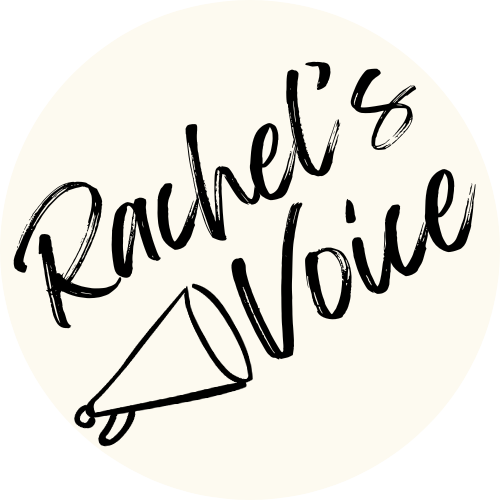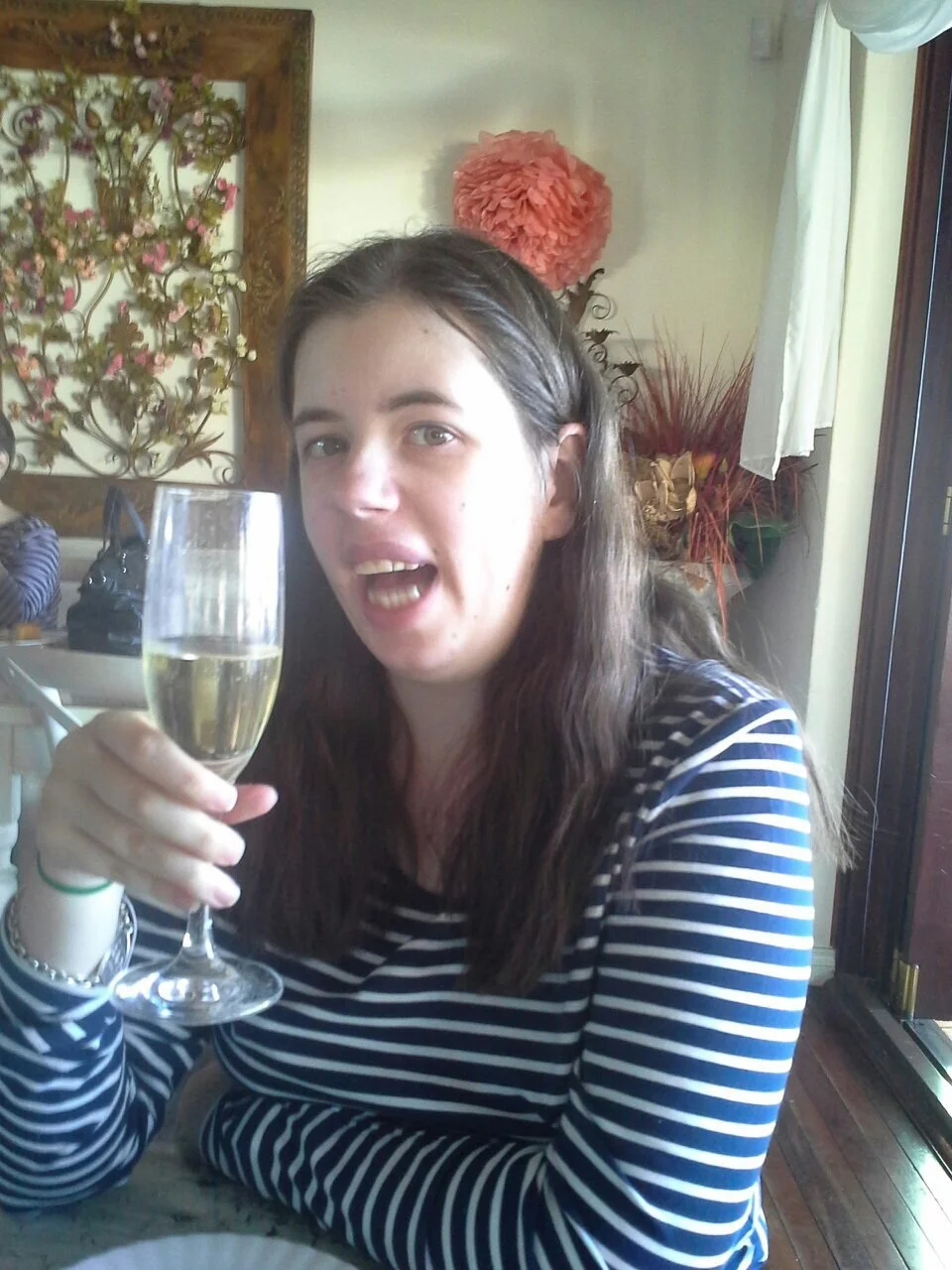
Rachel’s Voice works to reduce avoidable deaths of people with a learning disability in healthcare settings with the mission of driving health equality
Working to reduce avoidable deaths of people with a learning disability in healthcare settings
Learning disabilities: Our definition
A learning disability is a reduced intellectual ability and difficulty with everyday activities – for example household tasks, socialising or managing money – which affects someone for their whole life. It is not the same as having a learning difficulty where the underlying intellect is unimpaired.
People with a learning disability tend to take longer to learn and may need support to develop new skills, understand complicated information and interact with other people.
People with a learning disability can sometimes also have a physical disability. You can be born with it, acquire it at birth, or through early childhood illnesses, accidents and seizures. Many conditions which include learning disability can also include other physical or emotional effects.
In partnership with Fieldfisher and Mencap, we are working to drive improved equality in healthcare for people with a learning disability. We highlight failings in the provision of care in acute healthcare settings and drive systemic change in the way organisations treat people with a learning disability through provision of legal support, information and advice, and campaigning.
Offering legal support
We provide legal support to bereaved families who meet our core criteria. Our legal support extends from reviewing medical documents to representing families at inquest.
Providing information and advice
Our website has information about the processes when someone with a learning disability dies, and advice scenarios to help families decide what to do next.
We do this by:-
commissioning research to support our work;
advocating for policy changes at NHS Trust, ICB and National level that address the unique healthcare needs of individuals with learning disabilities;
providing training programmes to those involved in the Coronial System;
sharing our clients’ experiences with key stakeholders in the healthcare system to encourage accommodation of the healthcare needs of people with learning disability and how to avoid future deaths.
Creating systemic change
“When she needed it (medical care), they failed her and she died.”
— Diana Johnston,
Rachel Johnston’s Mother












